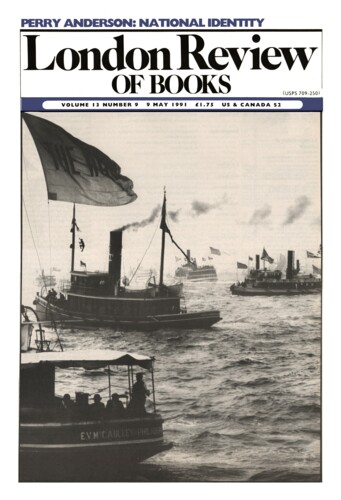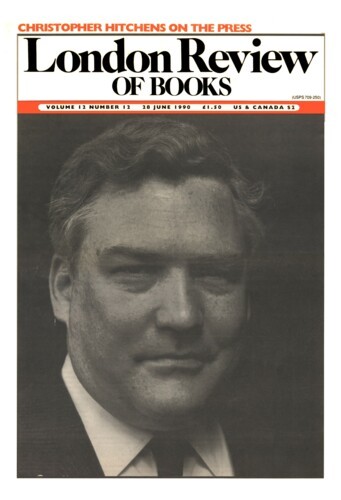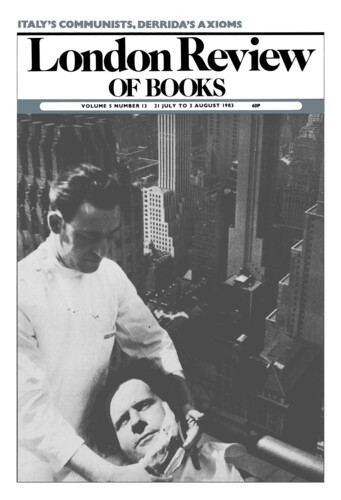Like books along a bookshelf
Mark Ridley, 9 May 1991
The inherited instructions by which a body is built are carried from parent to offspring in molecular form, in the DNA. The instructions come in units, called genes, and for most purposes the DNA can he imagined as a long row of genes, arranged like books along a bookshelf. It is not known exactly how many genes are used to build a human body, but the number is between 100,000 and a million, and is probably nearer the former. Evolution (on this simple conception of the DNA) happens when the environment changes and one form of a gene rather than another builds a better body in the new conditions, or when a gene mutates to an improved form. Either way, natural selection favours the superior form of the gene, which becomes more numerous. Evolution in this sense means a change in gene frequency. It is a powerful way of thinking about evolution, and evolutionary biologists use it all the time. Taking one gene at a time, they study (or, at a more rarefied theoretical level, imagine) different forms of the gene, and see how natural selection works on them.




